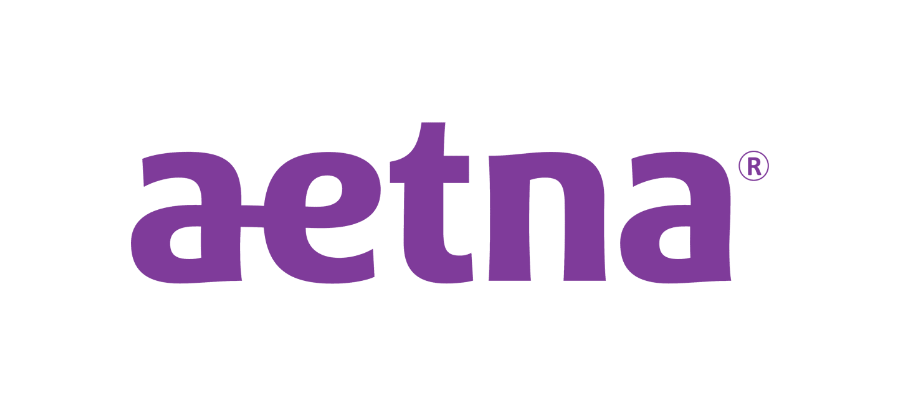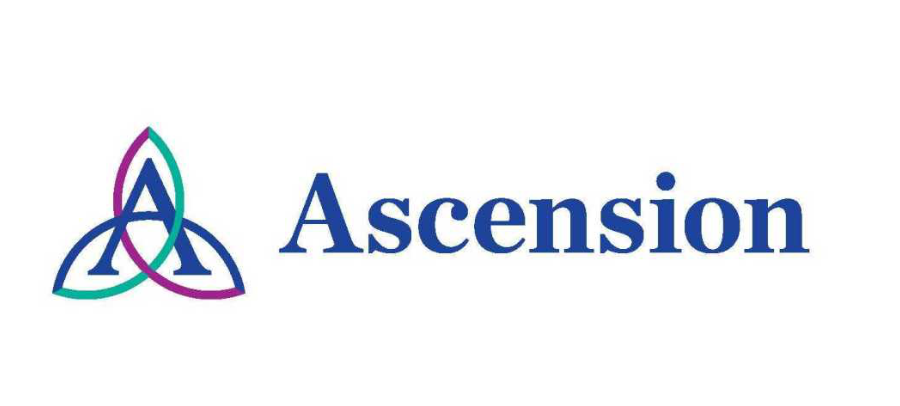Cancer
For many people, it may be hard to believe they will ever be diagnosed with cancer. Cancer is the second leading cause of death in the U.S. And according to statistics from the American Cancer Society, one in three Americans are at risk of developing an invasive type of cancer.
There are a couple of different types of Cancer Insurance:
Indemnity policy: Indemnity plans pay a specified dollar amount for each individual covered treatment.
First diagnosis or first occurrence cancer policy: This policy pays you a lump-sum cash benefit upon the first diagnosis of cancer. No benefits can be denied due to a pre-existing condition if the cancer is diagnosed after the effective date of the policy.
Cash benefits can be used for copays or coinsurances, mortgage or rent, other bills, child care and everyday living expenses. The benefit can also be used for indirect costs not covered by health insurance. These include modifications to a home; ramp, bathroom remodeling, out of state travel for treatment, in home services and many others.
Some plans will pay benefits for a re-occurrence of a disease. Diagnosis/ Occurrence Plan benefits usually run from $10,000 to $50,000. However, some plans may cover up to $100,000.
Hospital Indemnity
Hospital Indemnity plans pay out a specified, fixed-amount benefit for each day you’re in a hospital due to a covered sickness or injury. Most often, Hospital Indemnity insurance allows you to choose a per-day cash benefit amount and a benefit period, which is the maximum amount of days the policy will pay. Generally, per day benefits range from $100 to $900.
Many Hospital Indemnity plans offer optional riders that provide benefits for observation stays, ambulance rides, outpatient surgeries, and therapy visits. Some policies even cover doctor office visits and urgent care visits.
You may have to go through underwriting. Underwriting consists of the carrier analyzing your background and health status, ensuring that you meet the requirements. Underwriting for hospital indemnity insurance usually consists of answering a health questionnaire on the application. Carriers will look at any pre-existing conditions. Severe pre-existing conditions, such as cancer or stroke may result in the policy being declined. This means you can’t obtain hospital indemnity insurance. Of course, if you develop these conditions after obtaining hospital indemnity insurance, the policy will continue to cover you.















